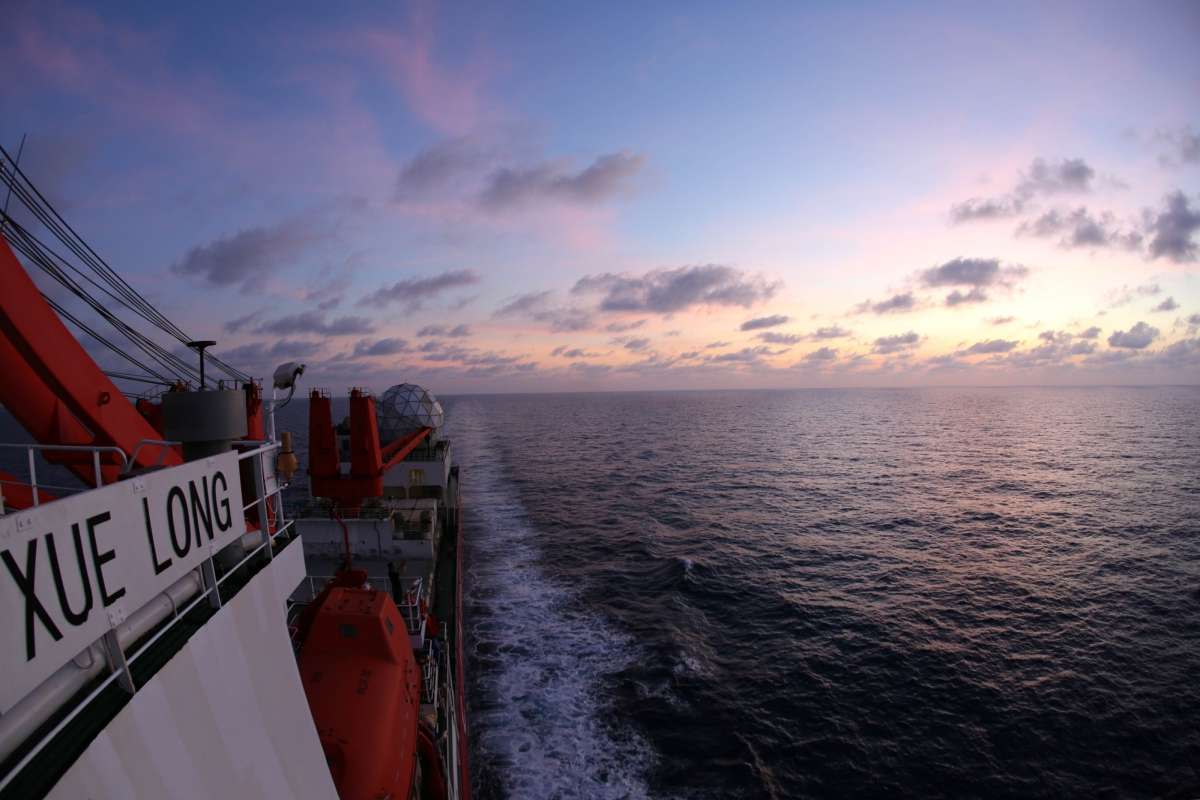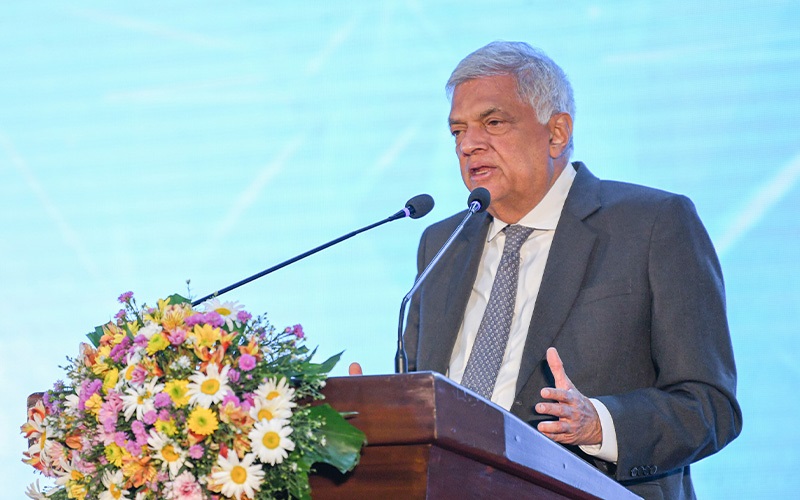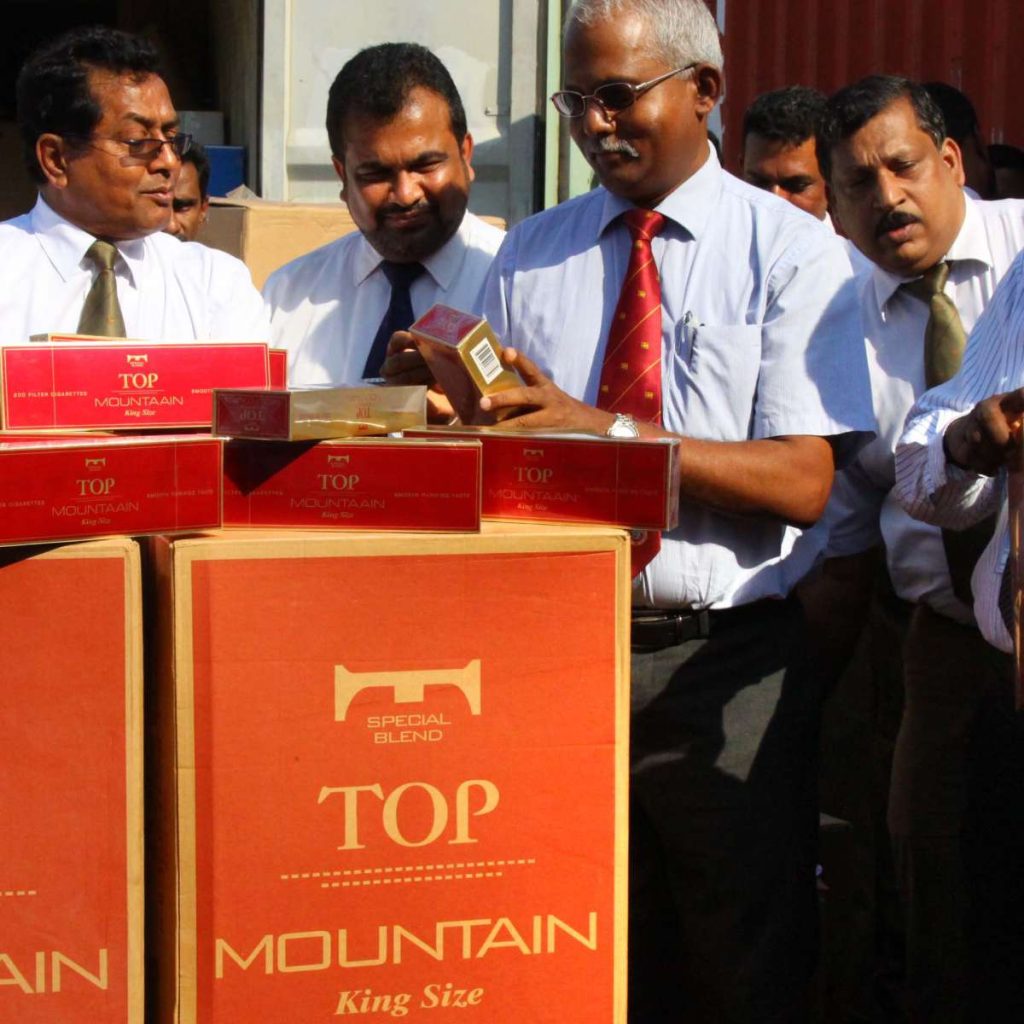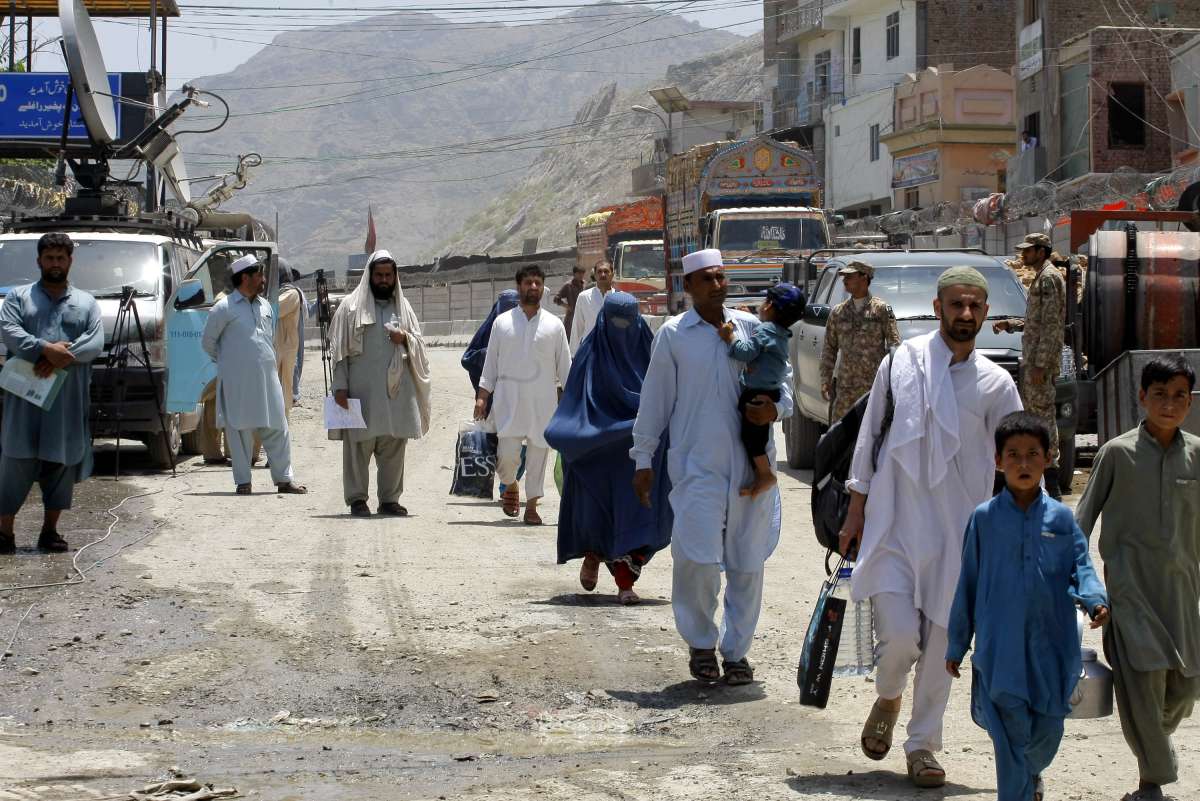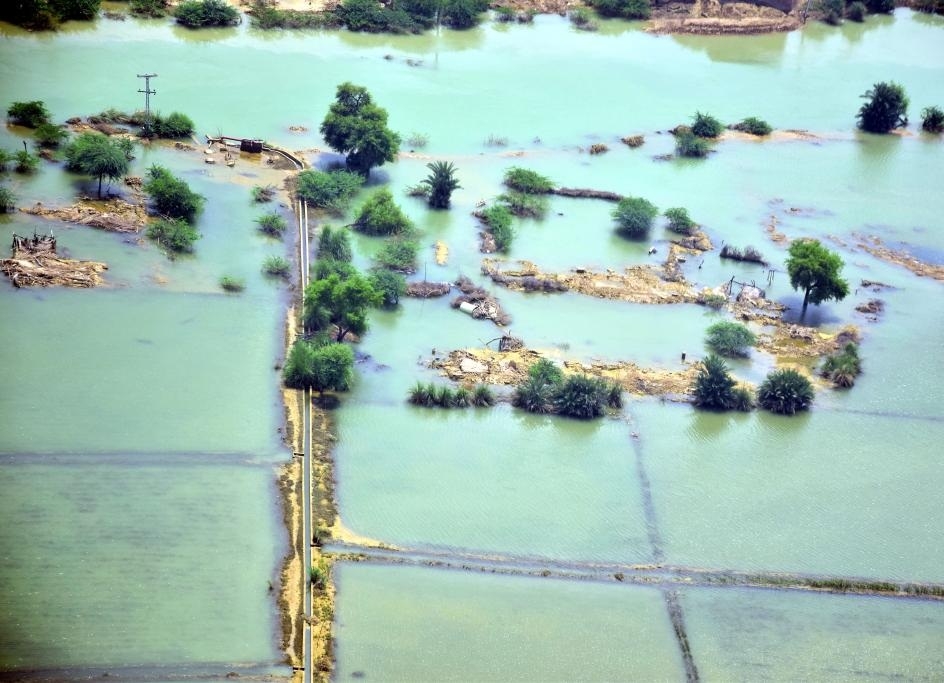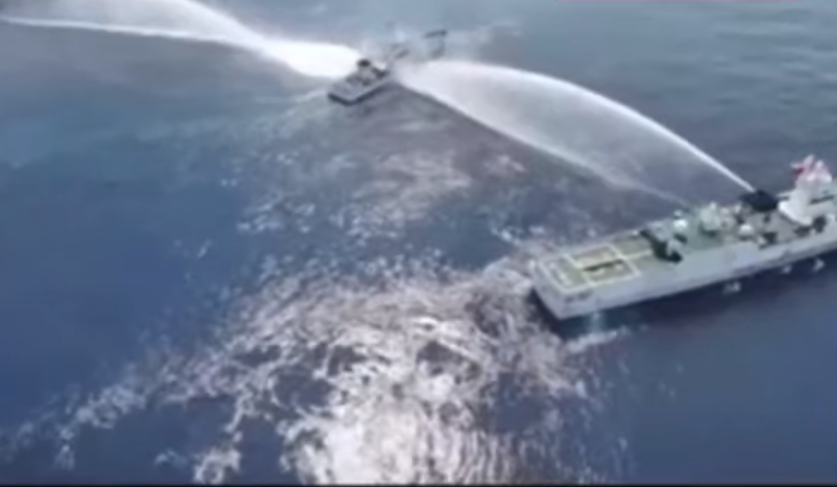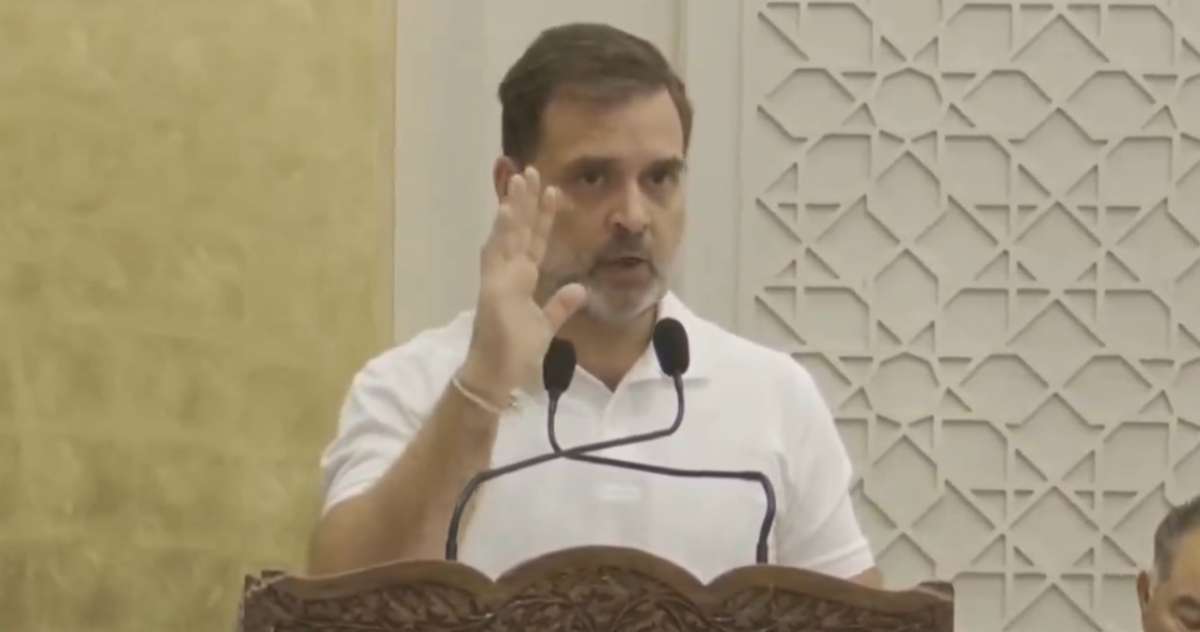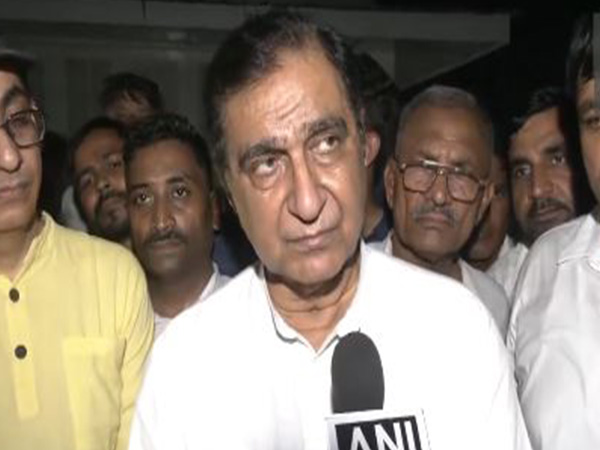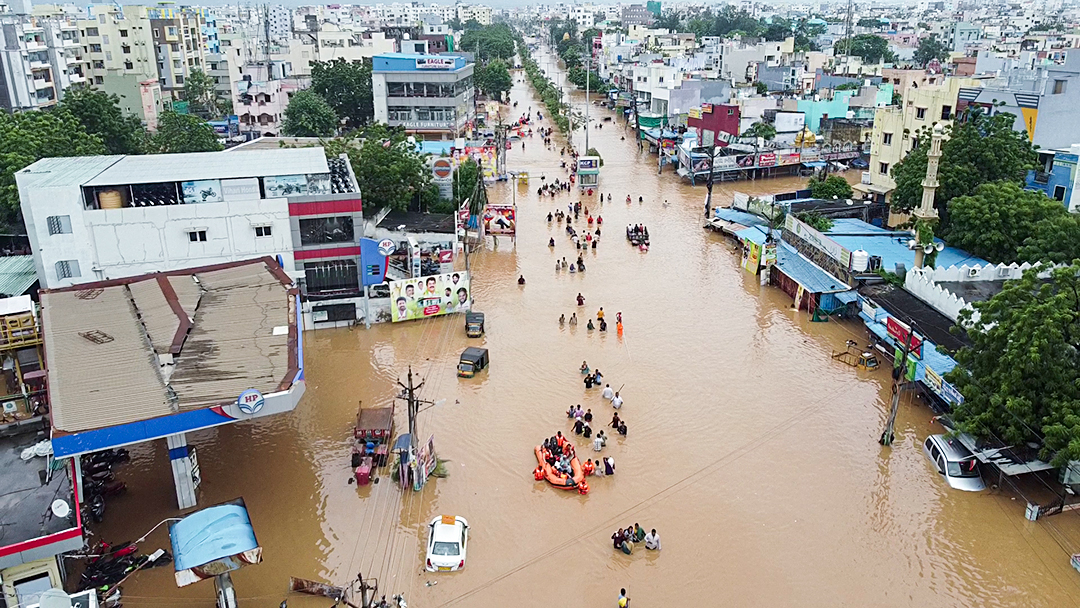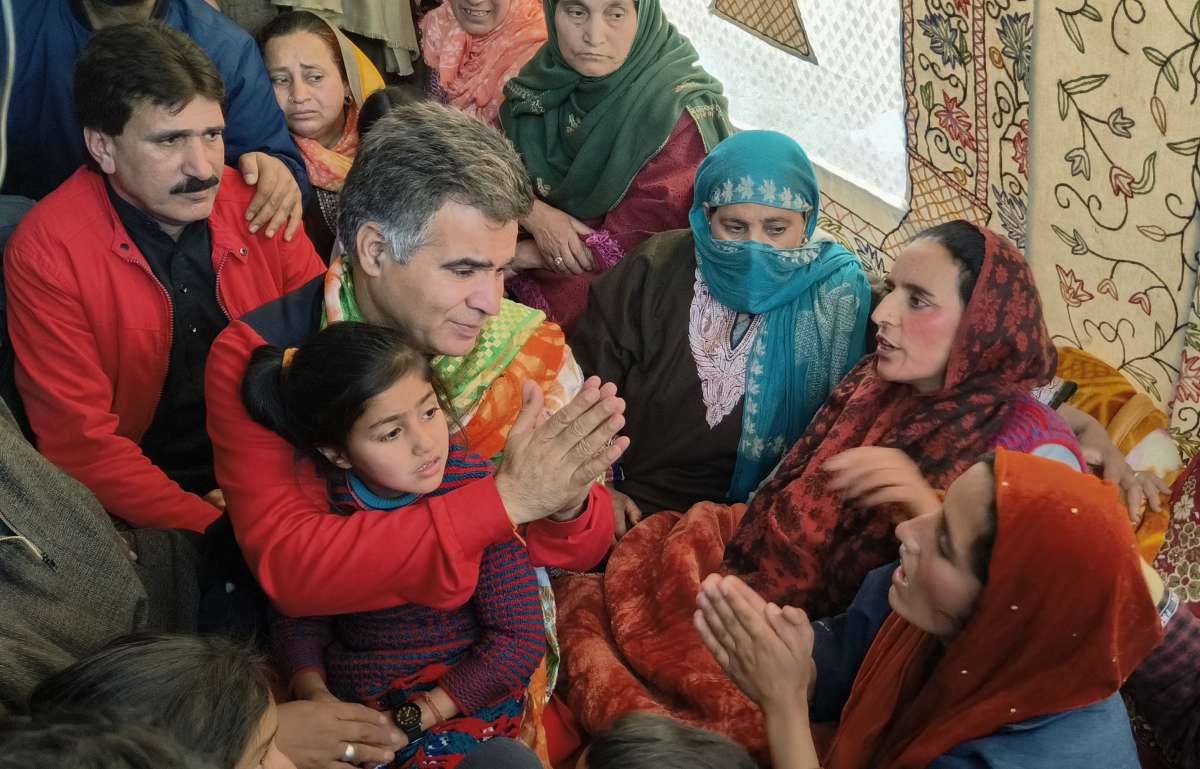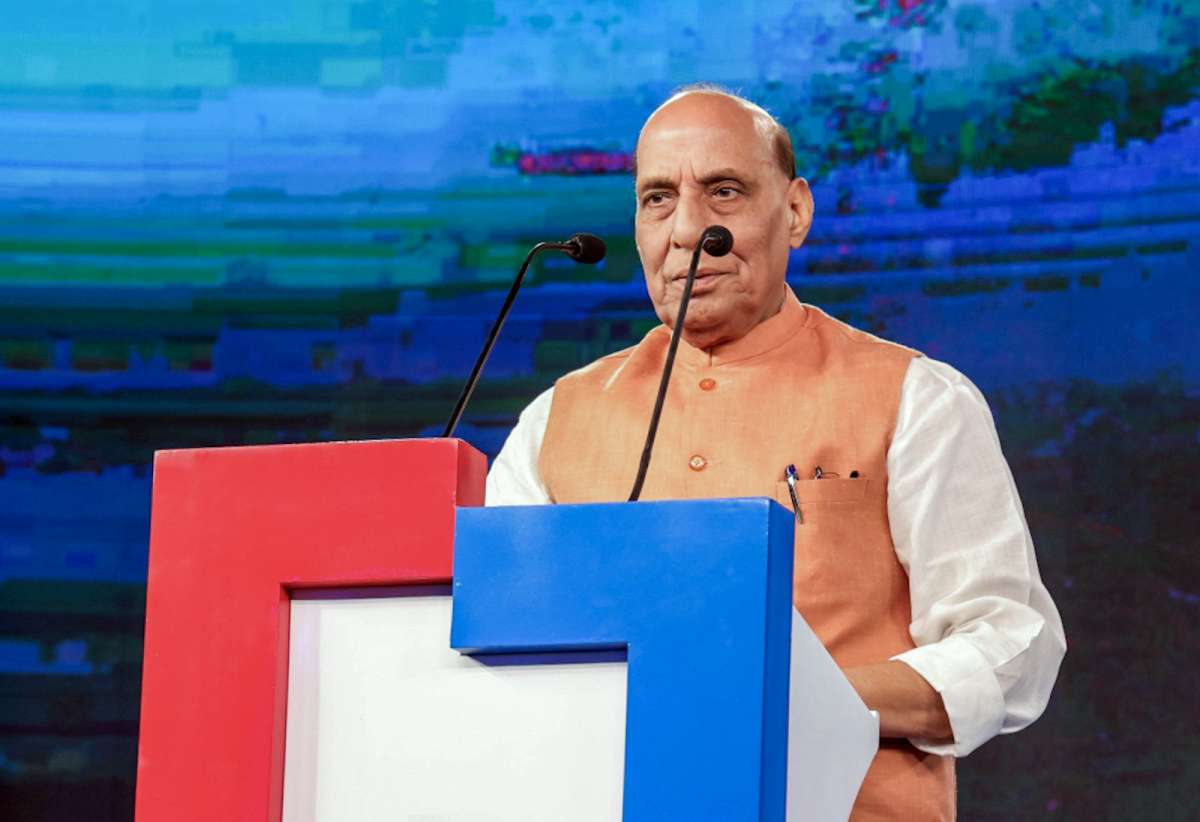China says its actions are “professional, restrained and appropriate”, but there is unanimous condemnation of Chinese behaviour….reports Asian Lite News
China’s twisting of the truth is becoming increasingly bizarre as it attempts to drive the Philippines out of its own exclusive economic zone (EEZ) in the South China Sea.
Clashes on and over this troubled sea have become more regular in the past 18 months, as Beijing ramps up its aggression.
The latest incident occurred on 31 August, when China Coast Guard (CCG) vessel ‘5205’ deliberately rammed the Philippine Coast Guard (PCG) vessel ‘9701’ several times near Sabina Shoal, 75 nautical miles from the Palawan coast. The Philippines has permanently deployed this vessel there since April, after China secretly sought to develop the shoal into an artificial island, just as it has done in other places in the South China Sea.
The presence of two tugboats of the People’s Liberation Army Navy (PLAN) suggested that China might even have been seeking to tow the Philippine vessel away after immobilizing it. Such an intention was inferred on 26 August as a formidable Type 055 cruiser of the PLAN tailed a pair of small PCG boats sailing to resupply ‘9701’ at Sabina Shoal.
The two small PCG vessels found themselves surrounded by six CCG vessels and three PLAN warships. The PLAN warned them, “This is China warship. We’re taking measures to control Philippine Coast Guard ship ‘9701’, which is illegally staying in Xianbin Jiao [the Chinese name for Sabina Shoal]. You’ll not be allowed to enter Xianbin Jiao to carry out any replenishment.”

In fact, this was the fifth time in August alone that China had confronted Philippine law enforcement vessels or aircraft within the Philippines EEZ.
China’s version of events at Sabina Shoal, that the PCG boat “provoked troubles in an unprofessional and dangerous way and intentionally rammed into the CCG ship,” was far from the truth. Lyle Morris, Senior Fellow for Foreign Policy and National Security at the Asia Policy Center for China Analysis, commented, “No, this is actually the CCG deliberately ramming the PCG vessel. The CCG’s actions and behavior are a threat to the safety and security of the PCG and its crew, and should be condemned by all law-abiding nations.”
Indeed, video footage released by the PCG clearly showed that the Chinese vessel deliberately rammed the Philippine boat three times. Incidentally, a US Navy P-8A Poseidon maritime patrol aircraft was circling overhead at the time of the incident.
Liu Dejun, a CCG spokesperson, said, “The Chinese coast guard will take the measures required to resolutely thwart all acts of provocation, nuisance and infringement and resolutely safeguard the country’s territorial sovereignty and maritime rights and interests.”
Beijing also routinely accuses Manila of “sensationalizing the South China Sea issue and tarnishing China’s international image”. However, China is successfully damaging its own image without anyone’s assistance.
China says its actions are “professional, restrained and appropriate”, but there is unanimous condemnation of Chinese behaviour. After the latest Sabina Shoal incident, Matthew Miller, the US Department of State spokesperson, said, “The PRC’s unlawful claims of ‘territorial sovereignty’ over ocean areas where no land exists, and its increasingly aggressive actions to enforce them, threaten the freedoms of navigation and overflight of all nations.”
The same US statement reasserted that Article IV of the 1951 US-Philippines Mutual Defense Treaty “extends to armed attacks on Philippine armed forces, public vessels or aircraft – including those of its coast guard – anywhere in the South China Sea”.
Shortly thereafter, Chen Xidi, a researcher at the China Institute for Marine Affairs of the Ministry of Natural Resources, contributed an opinion piece to the Chinese tabloid Global Times. He wrote that the Philippines “is continuously making unilateral provocations and intensifying disputes, trying to satisfy the demands of some countries outside the region seeking to unsettle the South China Sea and contain China, in exchange for vague and distant ‘support’, ‘aid’ and ‘guarantee’.”
Chen threatened, “Until Manila fundamentally changes its mindset of using the South China Sea issue for geopolitical speculation, China is fully prepared both psychologically and in action for any possible backtracking or provocation by the Philippines. If the Philippines attempts to move forward one step, China will firmly push it back. China will not allow the Philippines to gain any advantage.”
China’s ongoing actions and threats also make a mockery of a bilateral consultation mechanism on the South China Sea. In July, China and the Philippines agreed to a “provisional arrangement” to de-escalate the tense situation. However, as many find out, guarantees issued by China are often not worth the paper upon which they are written.
China hides behind phrases like “indisputable sovereignty” and “in accordance with the law and regulations”. However, the Permanent Court of Arbitration declared in 2016 that China’s sweeping South China Sea territorial claims had no legal basis. It is laughable that China now sometimes appeals to the United Nations Convention on the Law of the Sea (UNCLOS) and international regulations to criticize the Philippines.
Four key elements of UNCLOS are defining maritime zones (i.e. establishing rules for delimiting state maritime boundaries); balancing coastal-state rights and international freedoms; protecting the marine environment; and stabilizing through the dispute resolution process.
Peter Alan Dutton, a professor at the Stockton Centre for International Law at the US Naval War College, warned in a report for the UK-based Council on Geostrategy, “The PRC, however, is systematically and dangerously undermining each of these foundational elements, threatening to return the global maritime domain to its former state of instability.” Dutton explained: “Beijing asserts it has ancient rights to make maritime claims its own way, despite its ratification of UNCLOS in 1996, and claims domestic jurisdiction to enforce them. In doing so, it weakens the principles underpinning UNCLOS, leaving international law of the sea in danger of further unraveling.”

In terms of maritime territory, China’s ambiguous Nine-Dash Line claim in the South China Sea “is entirely divorced from the cardinal principle that the land dominates the sea,” Dutton highlighted. Its unilateral claim of 2.7 million km2 of water space has been entirely refuted under international law, and China can never overturn that 2016 decision.
Unfortunately, since then, Beijing “has escalated its use of coercion to force acceptance of its claims. The effect is to deny Vietnam, the Philippines, Malaysia and Indonesia the resource rights which international law unambiguously allocates to them.”
China has performed a number of brazen violations of international law, such as employing active sonar against Australian naval divers in November 2023. Flouting the environmental provisions of UNCLOS, China dredged up 100 square miles of healthy coral reefs too, severely damaged the underwater environment, when it built seven artificial islands from 2013-15.
UNCLOS provides a compulsory dispute resolution process and, while China accepts the
benefits of the convention, it refuses to submit to its responsibilities. This was demonstrated by officials vehemently advocating no acceptance, no participation, no recognition and no implementation of the 2016 ruling. China’s Ministry of Foreign Affairs declared the “award is null and void and has no binding force. China neither accepts nor recognizes it.”
Dutton of the US Naval War College assessed, “Until the PRC’s challenge, UNCLOS had brought decades of steadily advancing maritime order and stability because it provided a single set of rules which balanced fairly the interests of all states. But the PRC’s approach to the four foundational elements of UNCLOS has steadily gutted the universality of its provisions. As a state with substantial power and influence in the international system, the PRC is inherently, and inescapably, a rule-maker. In breaking down the careful tradeoffs in UNCLOS, the PRC creates room for others to follow its approaches and threatens to reverse historical advances in maritime order.”
In a telephonic conference, ANI asked Rear Admiral Andrew M. Sugimoto, Deputy Commander of the US Coast Guard (USCG) Pacific Area, about the best ways to counter China’s mounting aggression. He replied: “One is to demonstrate what those international rules-based orders are that are so important for us to follow, and for us to lead by example, along with our partners. It’s to point out those transgressions that occur from nations that are counter to those things, and help them understand how the rest of the world wants to operate.”
Rear Admiral Sugimoto said too, “We unequivocally condemn the ramming of vessels. The whole point of rules on the water is so that we don’t run into each other, and so this is a clear act of bullying by one individual that wants to exert its influences over another nation with complete disregard for the rules and the international law that exists.”
The USCG official noted that global consensus does matter, and that if the world continues to condemn China’s actions, then “perhaps they’ll change the way they do business”. He added: “China wants to be seen as a member of the world that has a set of rules and enforces it, but whenever they do things like ramming or water cannoning unarmed vessels, it does not appear to be so. When they uphold the rules themselves and they stand and lead by example, that’s when the rest of the world will notice that they are in fact world leaders and not bullies.”
However, this hope appears forlorn. In order to illegally grab maritime territory in the South China Sea, Beijing is willing to pay a reputational price, as the number of dangerous incidents by Chinese ships and aircraft has surged.
Rear Admiral Sugimoto, whose headquarters is in Alameda, California, said he is “grateful for the professional and truly safe way in which the Philippines has responded back to this, because it really demonstrates that this nation, the Philippines, do stand for the conduct that we all recognize is what we want in this world, and not that of the other individual that keeps bullying smaller nations”.
He said the PCG is like family to the USCG. “We’re working with the Philippine Coast Guard in a number of different ways through training, through helping them with the organization and buildout of the Philippine Coast Guard.” The USCG has transferred vessels to the Philippine Coast Guard, and helped them with operations and maintenance.
“We’re looking for whatever the Philippine Coast Guard wants us to help them with. That’s what we’re here for in training, capacity building, legal structures, building out the laws necessary to support them, maritime domain awareness, any of those things.”
Rear Admiral Sugimoto continued, “…We stand together with the Philippines and we condemn the actions of aggressive individuals that do such things as ram or try to prevent humanitarian supplies from reaching individuals resupplying their fellow citizens…” He pointed out that using water cannons to flood or sink vessels is “not what we call safe and professional operations”.
Rear Admiral Sugimoto said the USA upholds the very standards that China is flouting. “We’re a firm believer in reinforcing the right of every nation to be able to transit freely, as long as they do so in accordance with customary law and international law. It’s an important part of upholding rules-based order. Similarly…we do not aggressively harass Chinese vessels or other vessels in the world when they come north into the Arctic off of Alaska or in other places. We respect their right to transit when they want to go through the Aleutian Islands, and so we expect the same ability to do so wherever we are in international waters to be able to freely and safely navigate according to those rules that are out there.”
Sugimoto asked which international rules condone ramming as a measure for upholding international law, especially when collision regulations are designed to prevent vessels from hitting each other. He put it succinctly, “So it’s a little astounding to say that I’m going to break the law in order to uphold the law. It just doesn’t make sense, and I think most nations out there see that as unsafe and unprofessional conduct, which only highlights and further emphasizes the bullying that is going on, right?” (ANI)
ALSO READ: US slams China’s aggressive actions in South China Sea

